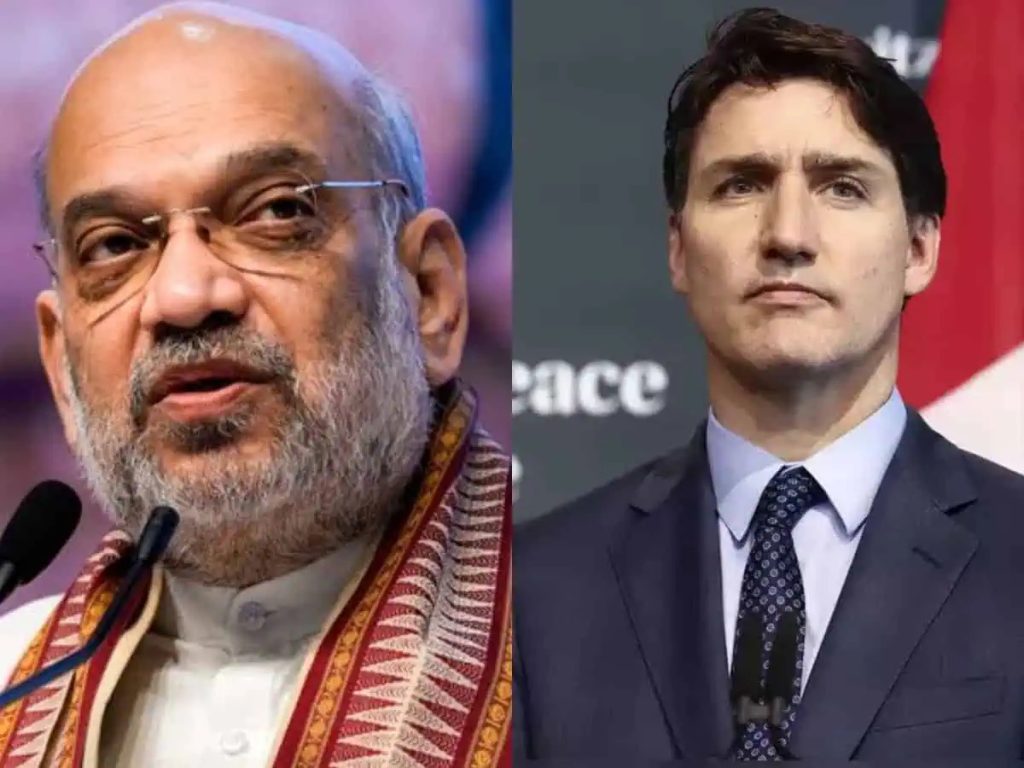In a dramatic turn of events, Canada’s Deputy Foreign Affairs Minister, David Morrison, has accused Indian Home Affairs Minister Amit Shah of orchestrating a campaign of violence and intimidation aimed at Sikh separatists in Canada. This explosive claim, made during a parliamentary panel discussion, marks the latest escalation in the already fraught diplomatic relations between Canada and India.
The controversy ignited following the murder of Hardeep Singh Nijjar, a prominent Sikh separatist leader, in Surrey, Canada, earlier this year. Allegedly linked to Indian operatives, this incident has stirred significant unrest. While India vehemently denies any involvement, it has branded Sikh separatists as terrorists, asserting that they pose a threat to its national security.
The roots of Sikh separatism can be traced back to Punjab, India, where aspirations for an independent state known as Khalistan emerged during the turbulent 1980s and 1990s. A violent government crackdown during this period claimed the lives of tens of thousands of Sikhs, prompting many to flee India. Canada, in particular, became a sanctuary, now home to the largest Sikh community outside India.
Amid ongoing investigations into Nijjar’s assassination, Canadian authorities have reportedly uncovered evidence suggesting that high-ranking Indian officials were behind the attack. Ottawa has urged New Delhi to investigate these serious allegations, but India dismissed the claims as absurd. In retaliation, Canada expelled India’s high commissioner and several top diplomats, further straining ties.
As tensions rise, the question remains: will these new accusations involving Amit Shah escalate the situation beyond mere diplomatic squabbles? The international community watches closely as Canada and India navigate this complex and sensitive issue.


